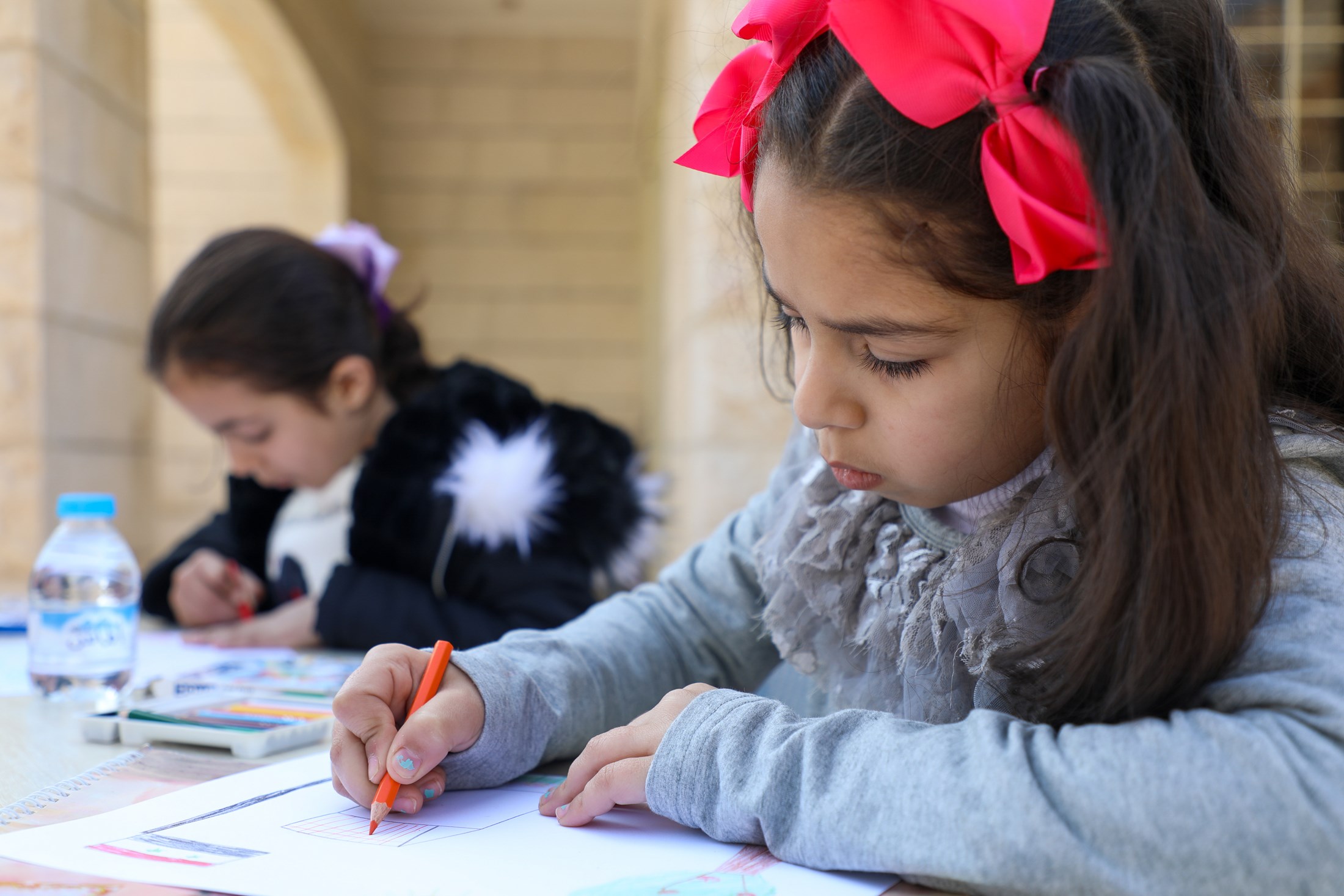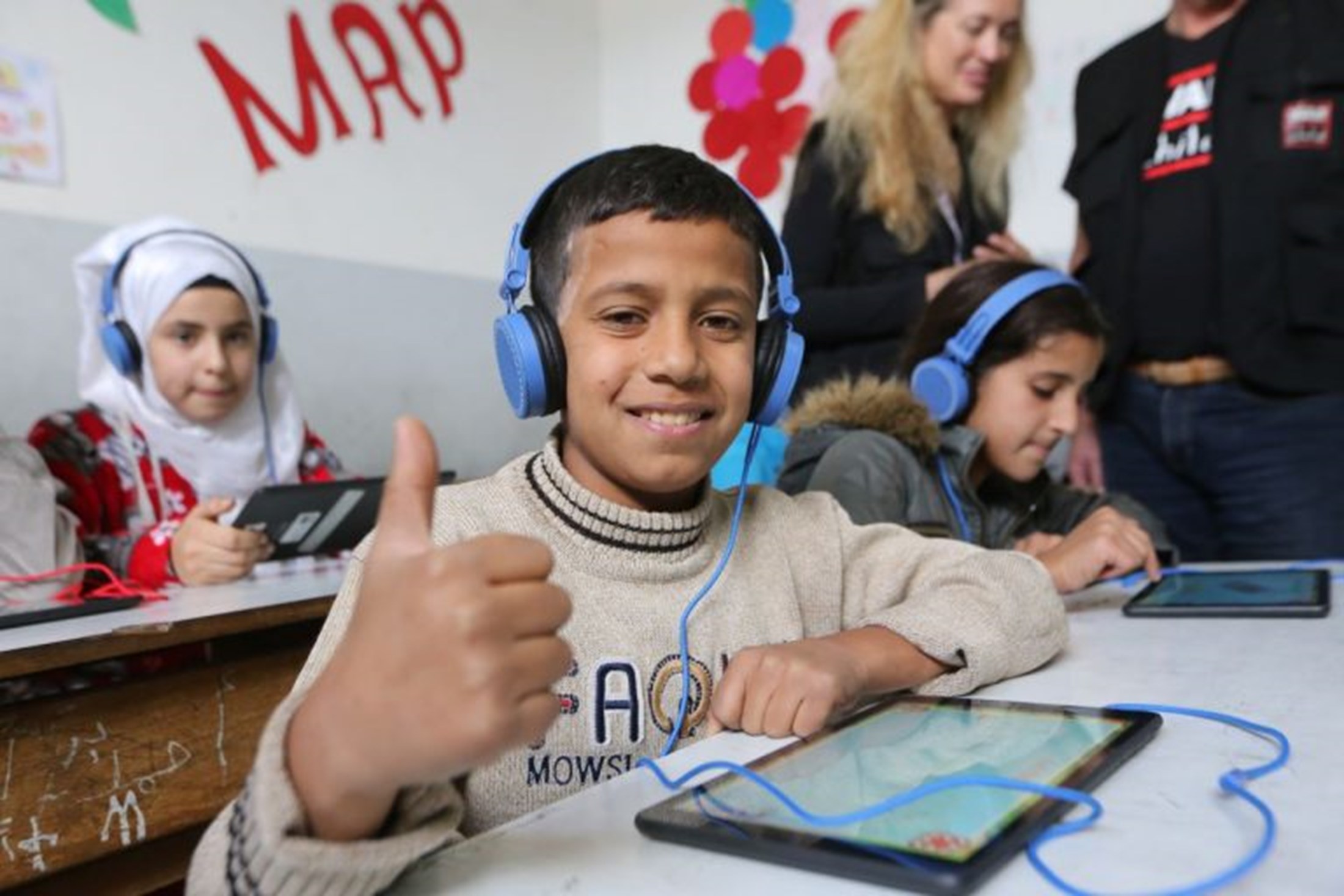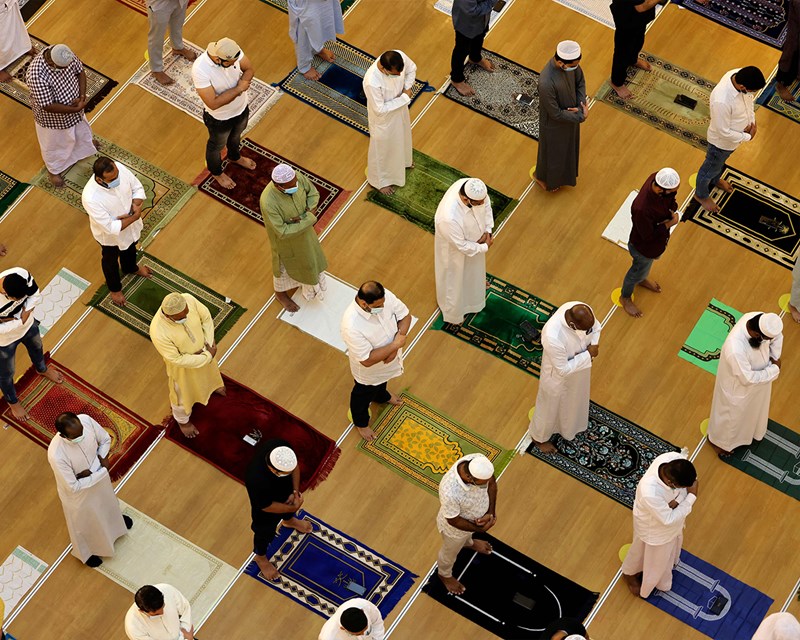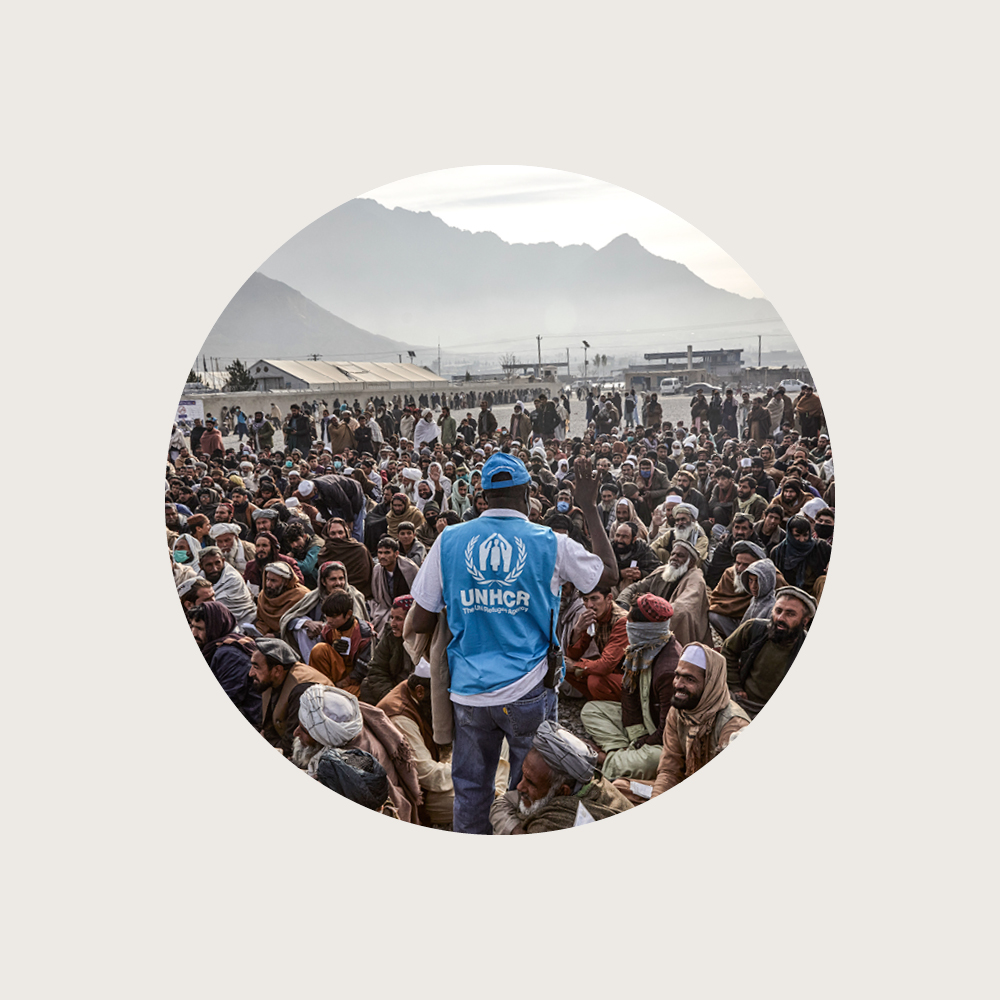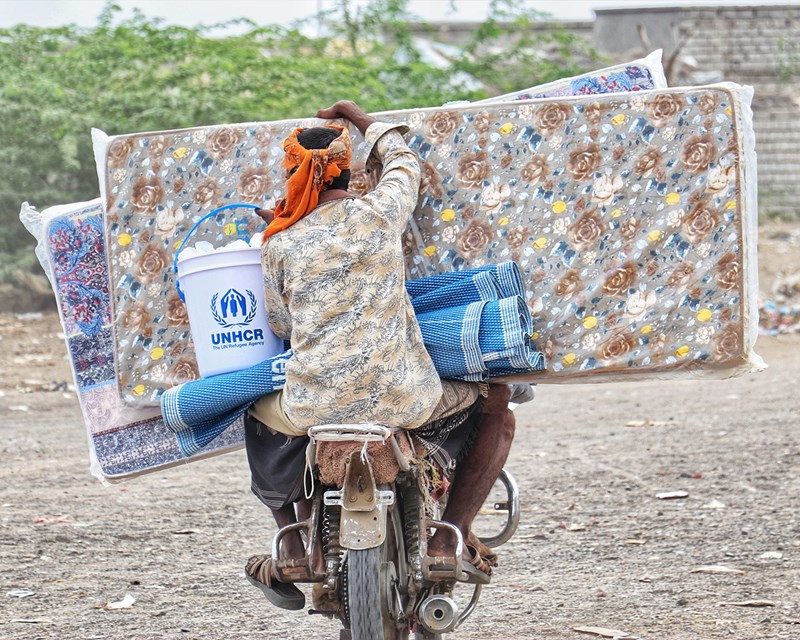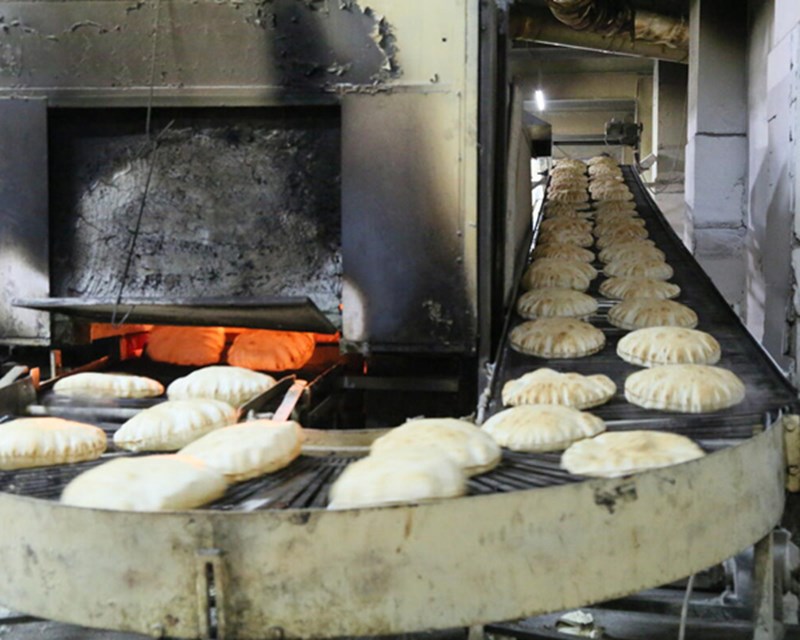Action for impact is not just a slogan: it is the only way forward. The world is calling for action at a global scale and it is our duty as philanthropists to act with urgency and purpose to address the pressing issues of our time.
Together through compassion, dedication, and innovation - values that define the essence of Islamic philanthropy - we can build practical solutions to help us create a better future for our youth and communities.
There is no shortage of gloomy statistics which show that the wellbeing of millions of people hangs in the balance as they struggle to survive while wishing to have a prosperous future just like us.
When we see vulnerable youth both in our community and other parts of the world, it becomes our duty to come together to mobilise resources and develop solutions to empower these young people and help them to secure a better future.
Without education, it will be impossible to overcome the many humanitarian crises facing our world today. When education is unavailable or unachievable, it is not just a tragedy for these individuals and their families, it is also a missed opportunity for our global community to leverage the talent and the creativity of these young minds.
The Middle East and North Africa are facing grave challenges. The region has one of the highest unemployment rates globally for the youth under 25 and is home to over 16 million refugees and displaced people.
We cannot ignore this reality around us and if Islamic philosophy is effectively applied as it was intended, it will lead to long-term sustainability that gives (people) the most valuable chance to become financially independent and self-sufficient.

